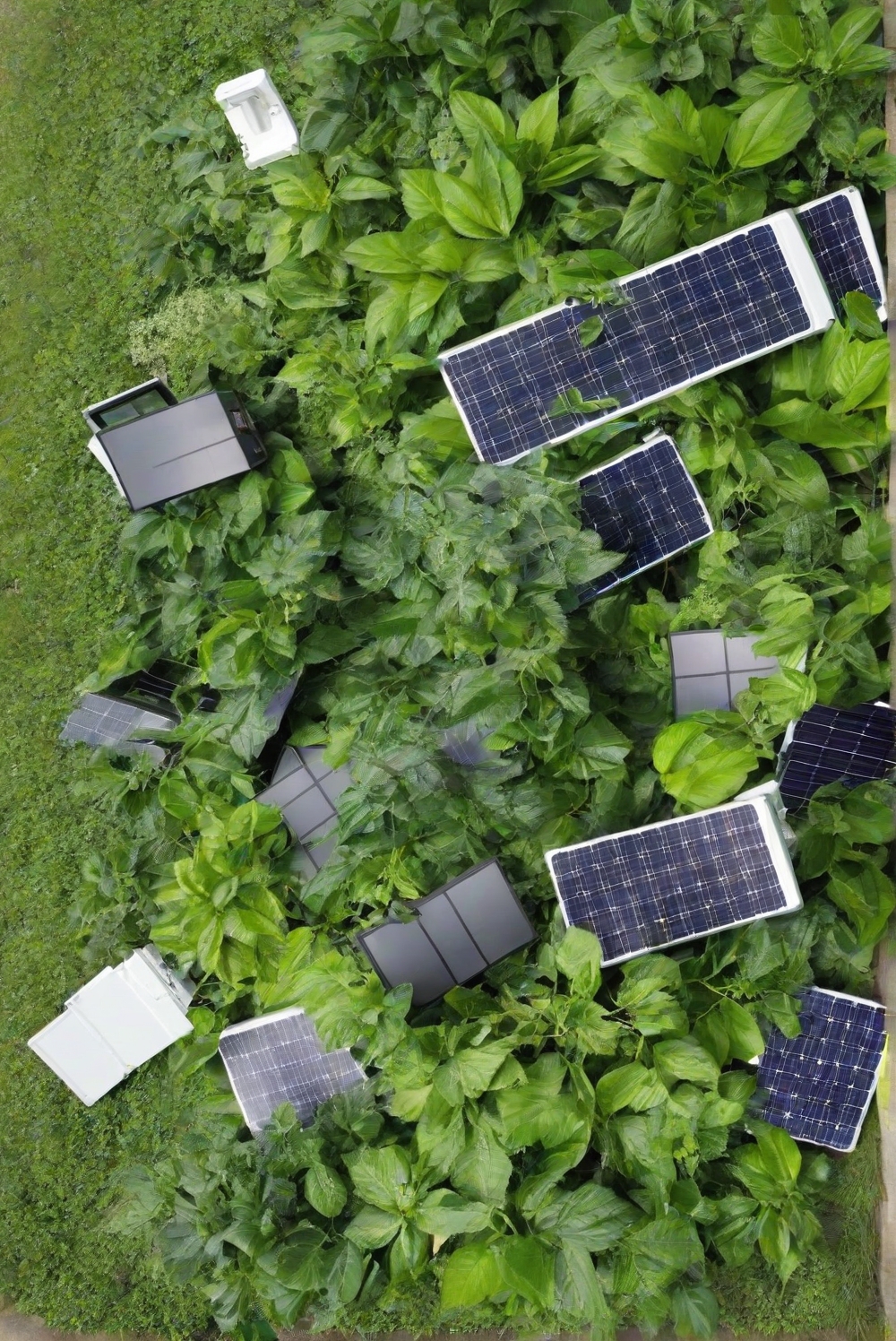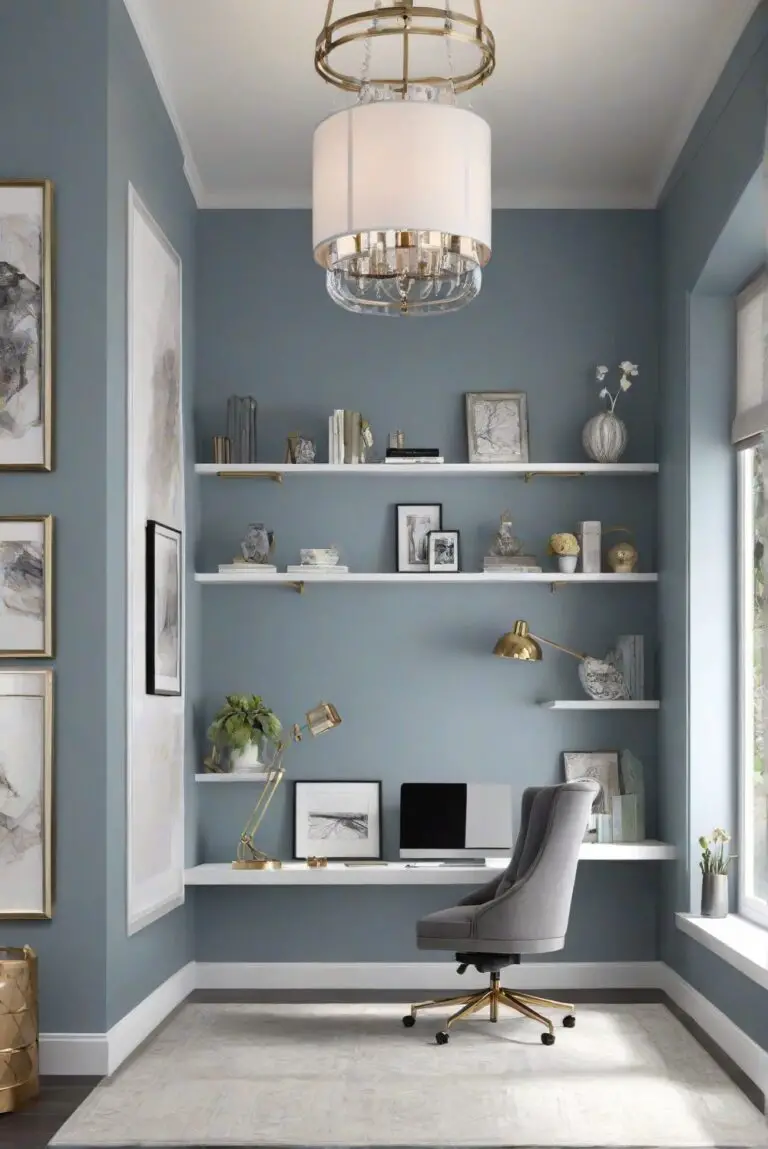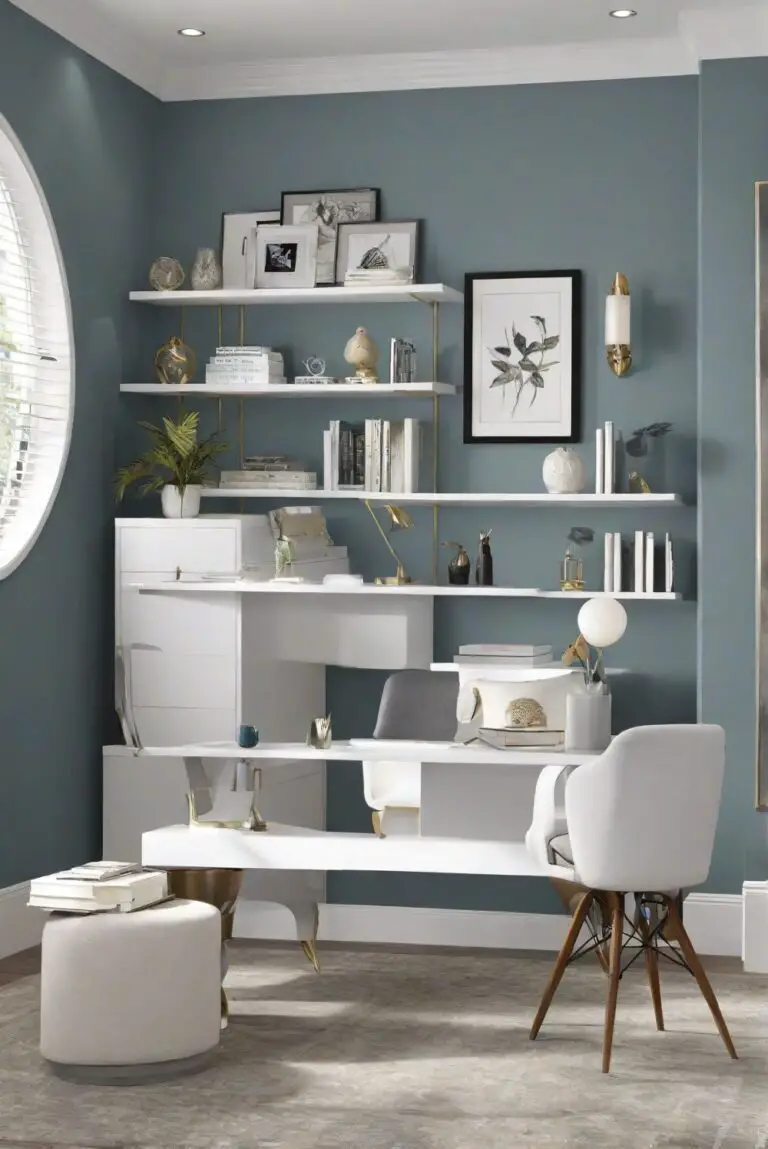Join the daily adventures of an interior designer exploring sustainable energy solutions. Discover how to choose the perfect solar panel and transform your space into an eco-friendly oasis!
Solar panels are a great way to embrace green energy and reduce your carbon footprint with your home decorating project. When choosing solar panels, consider the orientation of your roof, the amount of sunlight your location receives, and your budget. Home interior design can be further enhanced by incorporating eco-friendly materials and energy-saving appliances. Proper space planning is key to maximizing the benefits of solar energy. Interior designers can help create a cohesive look with a focus on sustainability. For kitchens and living rooms, consider designer wall paint in eco-friendly, low-VOC options. Primer paint for walls can help with color matching painting for a seamless finish. Explore different home paint colors that complement your interior design space planning for a harmonious look.
Consider the size of the solar panel system you need based on your energy consumption and available space.
When determining the right size of a solar panel system for your home, it is crucial to consider your energy consumption patterns and the available space for installation. Start by analyzing your electricity usage over a typical year to understand how much energy your household consumes. This will help you estimate the size of the solar panel system needed to meet your energy needs.
Additionally, consider the available space on your roof or property where the solar panels can be installed. The size of the system will depend on the roof’s dimensions, orientation, and shading. A professional solar installer can help you assess these factors and recommend the optimal size for your solar panel system.
Look for solar panels with high efficiency ratings to maximize energy production.
When choosing solar panels for your home, pay attention to the efficiency ratings of the panels. Higher efficiency panels can convert more sunlight into electricity, maximizing the energy production of your system. While high-efficiency panels may come at a higher cost, they can be more cost-effective in the long run by generating more electricity over their lifespan.
Compare pricing, warranties, and customer reviews before selecting a solar panel supplier.
Before choosing a solar panel supplier, compare pricing, warranties, and customer reviews to ensure you are getting the best value for your investment. Obtain quotes from multiple suppliers and consider the total cost of the system, including installation and maintenance.
Explore financing options such as solar loans or leasing agreements to make solar energy more accessible.
To make solar energy more affordable, explore financing options such as solar loans or leasing agreements. These options can help you spread out the cost of installing a solar panel system over time, making it more accessible to homeowners with varying budgets.
Research local solar incentives, rebates, and tax credits to reduce the cost of installing solar panels.
Take advantage of local solar incentives, rebates, and tax credits to reduce the upfront cost of installing solar panels. Many governments and utility companies offer financial incentives to encourage the adoption of solar energy, making it more cost-effective for homeowners.
Evaluate your roof’s orientation, shading, and structural integrity to determine the feasibility of solar panel installation.
Before installing solar panels, evaluate your roof’s orientation to ensure it receives sufficient sunlight throughout the day. Consider any shading from nearby trees or buildings that could affect the performance of the solar panels. Additionally, assess the structural integrity of your roof to ensure it can support the weight of the solar panel system.
Consult with multiple solar installers to get quotes and recommendations before committing to a solar panel system.
It is essential to consult with multiple solar installers to get quotes and recommendations before committing to a solar panel system. Different installers may offer varying prices, warranties, and services, so comparing multiple options can help you make an informed decision.
Consider adding a battery storage system to store excess energy generated by your solar panels for use during peak hours or in case of power outages.
Adding a battery storage system to your solar panel setup can help you store excess energy generated during the day for use during peak hours or in case of power outages. Batteries can enhance the efficiency and reliability of your solar energy system, providing you with backup power when needed.
Monitor your solar panel system’s performance regularly to ensure it is operating efficiently and producing the expected amount of energy.
Regularly monitor your solar panel system’s performance to ensure it is operating efficiently and producing the expected amount of energy. Track your system’s output, check for any potential issues, and schedule maintenance as needed to maximize the lifespan and performance of your solar panels.
Most Asked Questions:
How to determine the right size of a solar panel system for my home?
To determine the right size of a solar panel system for your home, start by analyzing your energy consumption patterns. Calculate your average daily electricity usage and consider factors such as the available roof space, orientation, and shading. Consult with a solar installer to conduct a site assessment and recommend the optimal system size based on your specific requirements.
What factors should I consider when choosing between solar panel suppliers?
When choosing between solar panel suppliers, consider factors such as pricing, warranties, customer reviews, and installation quality. Obtain quotes from multiple suppliers and compare the total cost of the system, including installation and maintenance. Look for suppliers with a reputation for quality products and excellent customer service to ensure a smooth installation process.
Can I install solar panels on a roof that has shading from nearby trees or buildings?
Solar panels can still be installed on a roof that has shading from nearby trees or buildings, but the shading can impact the system’s performance. In such cases, consider using microinverters or power optimizers to mitigate the effects of shading and maximize energy production. A solar installer can assess the shading issues and recommend solutions to optimize the performance of the solar panel system.
Key Takeaways:
– Consider your energy consumption and available space when determining the size of your solar panel system.
– Choose high-efficiency solar panels to maximize energy production.
– Compare pricing, warranties, and customer reviews when selecting a solar panel supplier.
– Explore financing options to make solar energy more accessible.
– Research local incentives and rebates to reduce the cost of installing solar panels.
– Evaluate your roof’s orientation, shading, and structural integrity before installation.
– Consult with multiple solar installers to get quotes and recommendations.
– Consider adding a battery storage system for excess energy and backup power.
– Monitor your system’s performance regularly to ensure efficiency and production levels are met.








